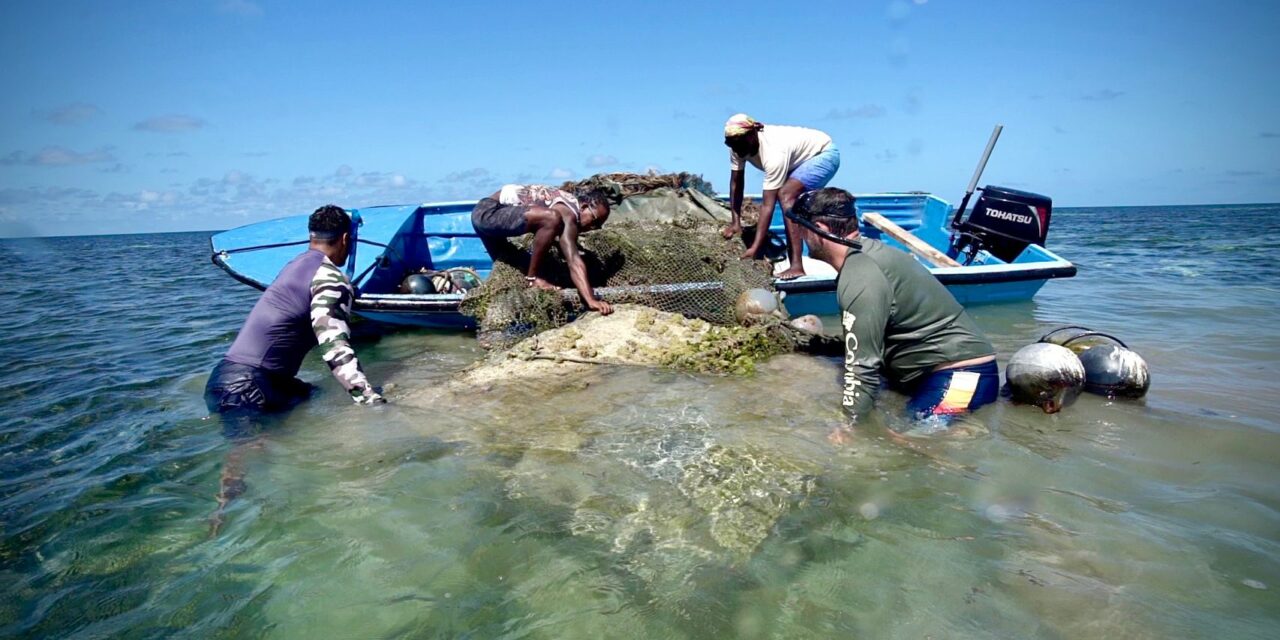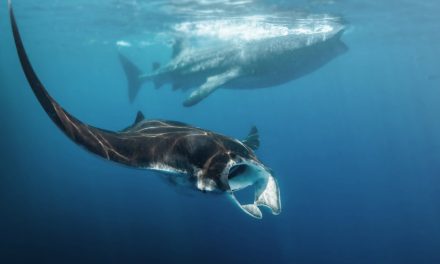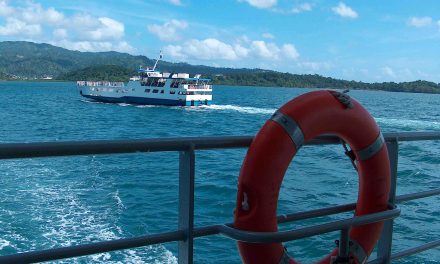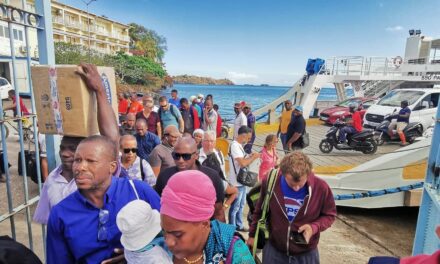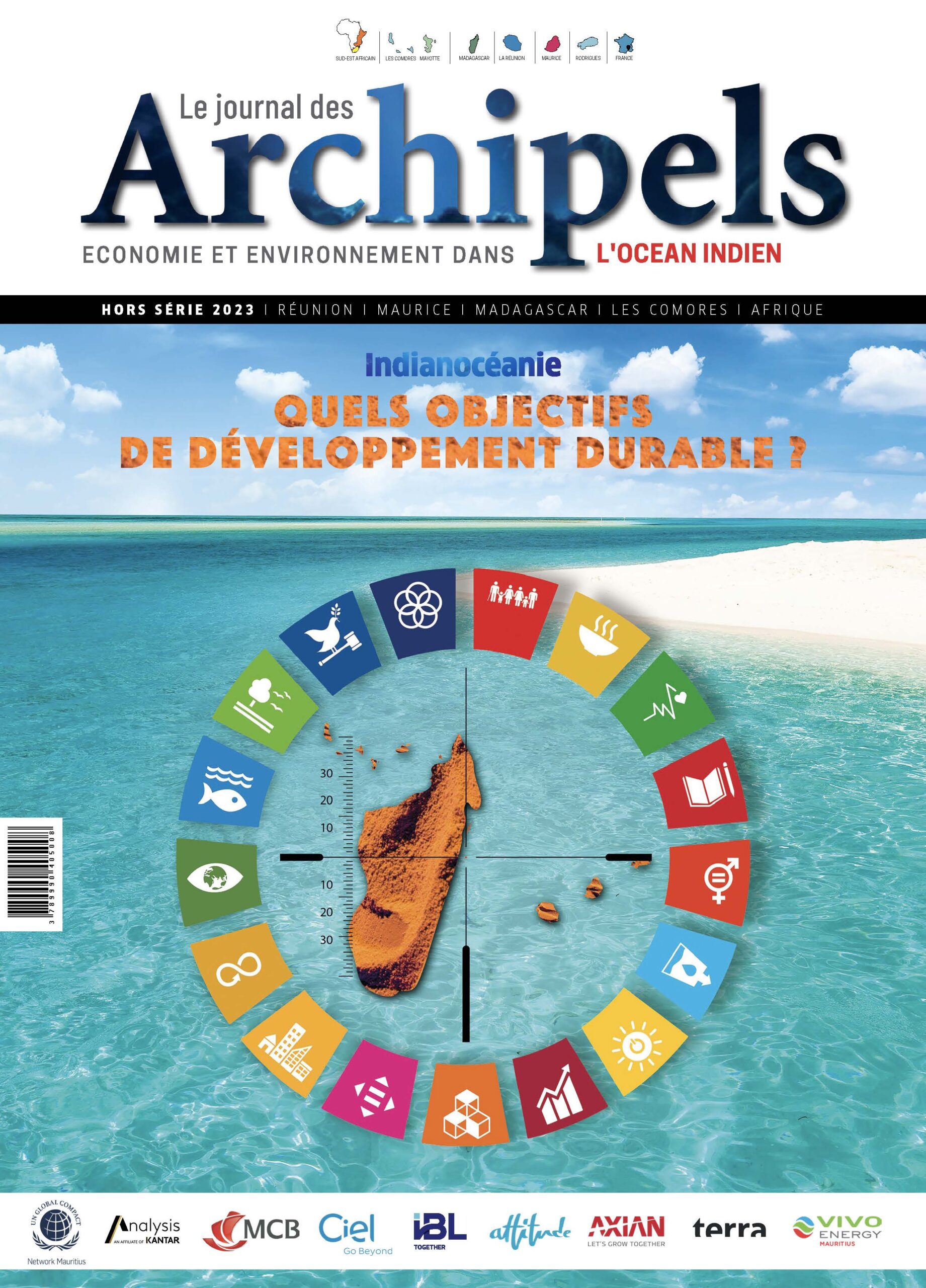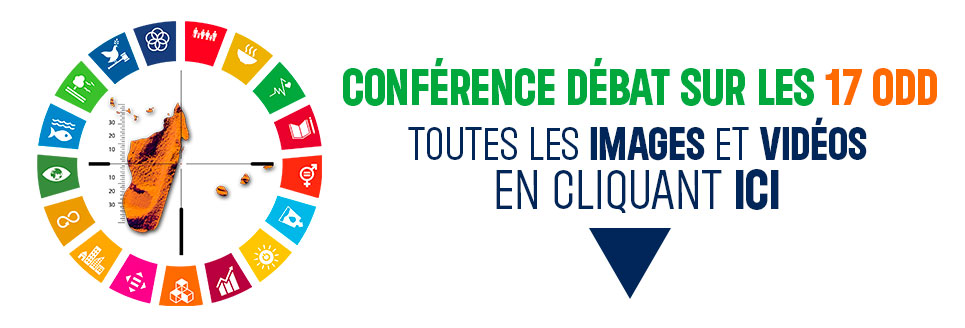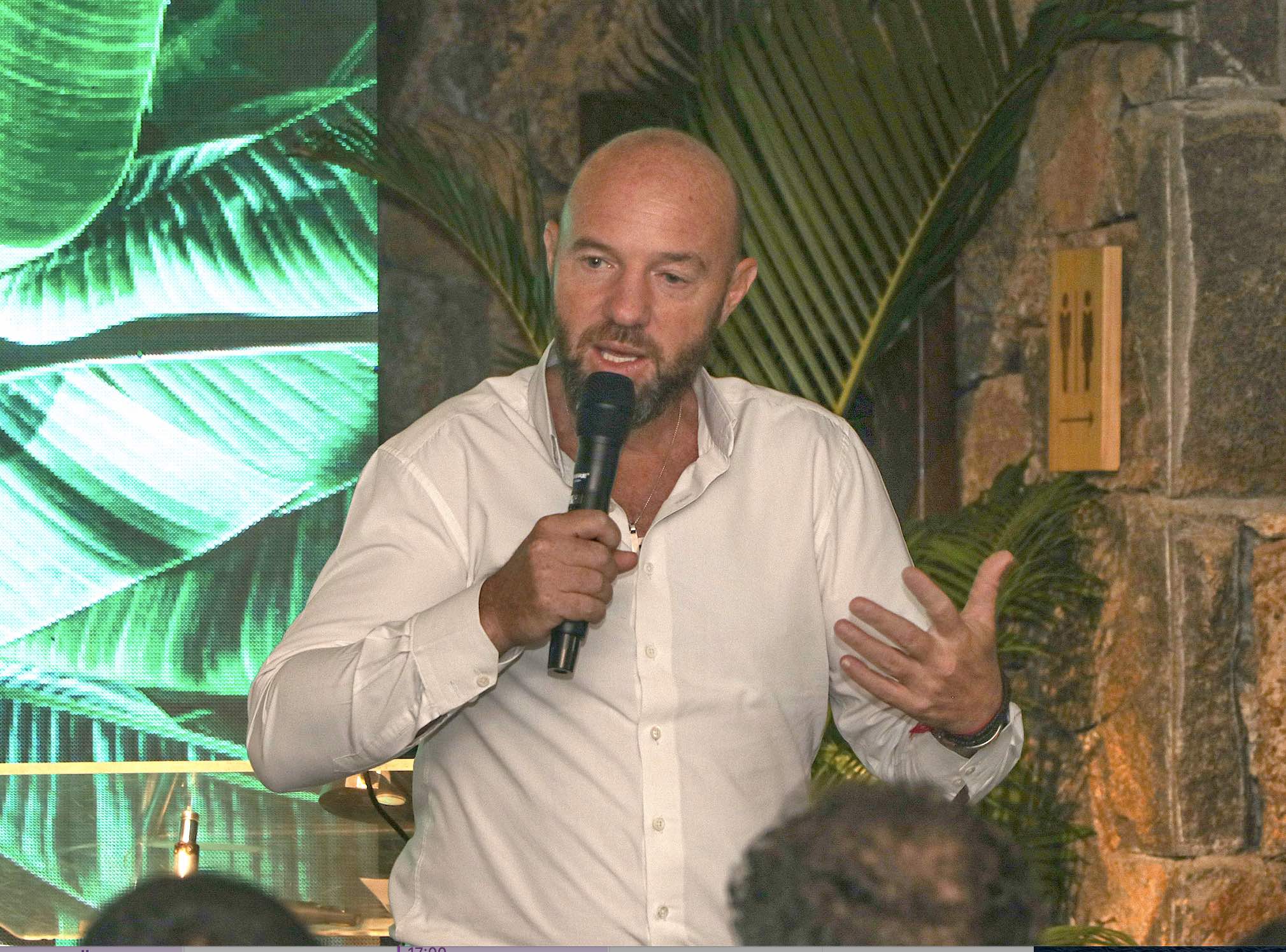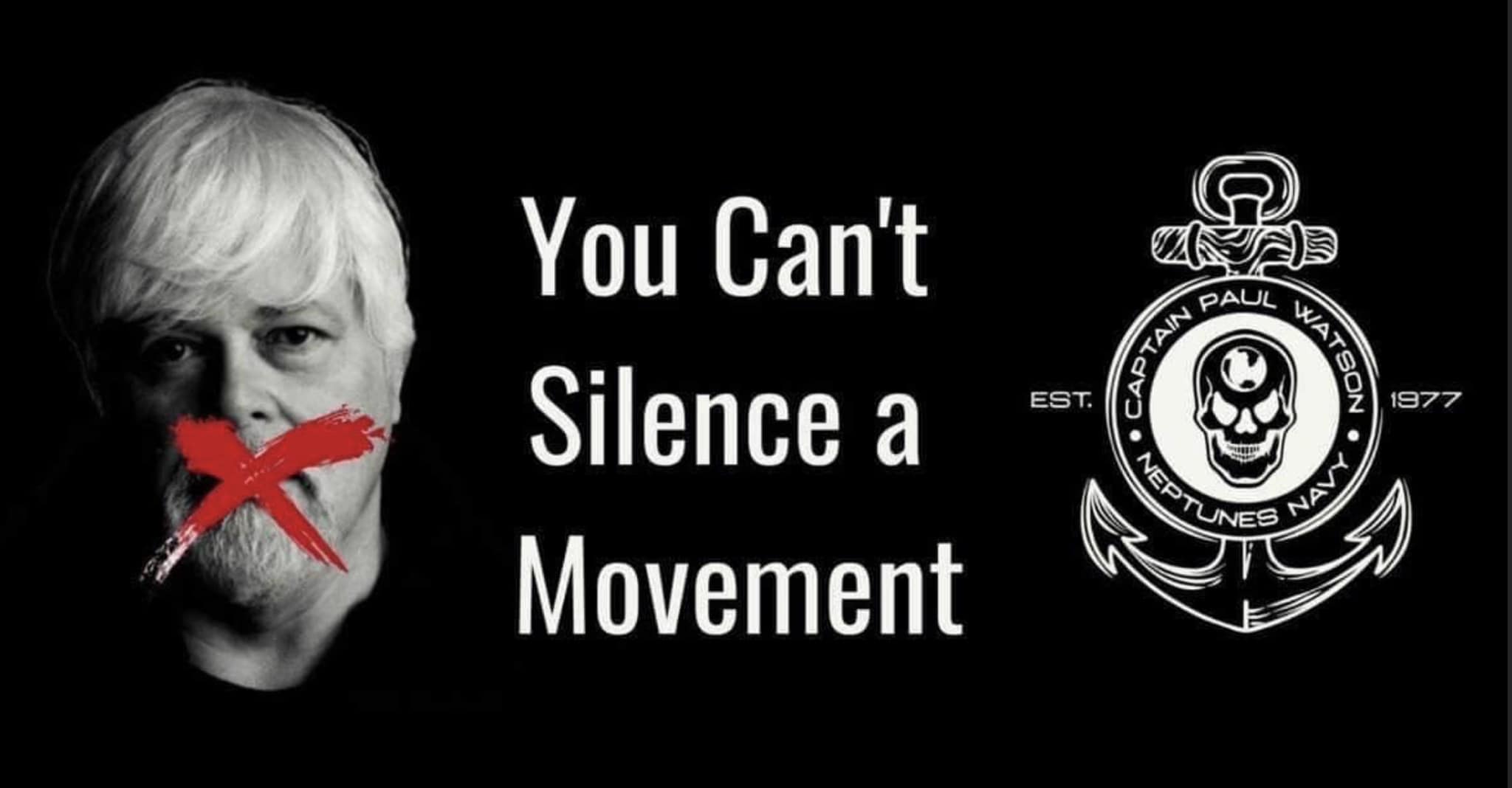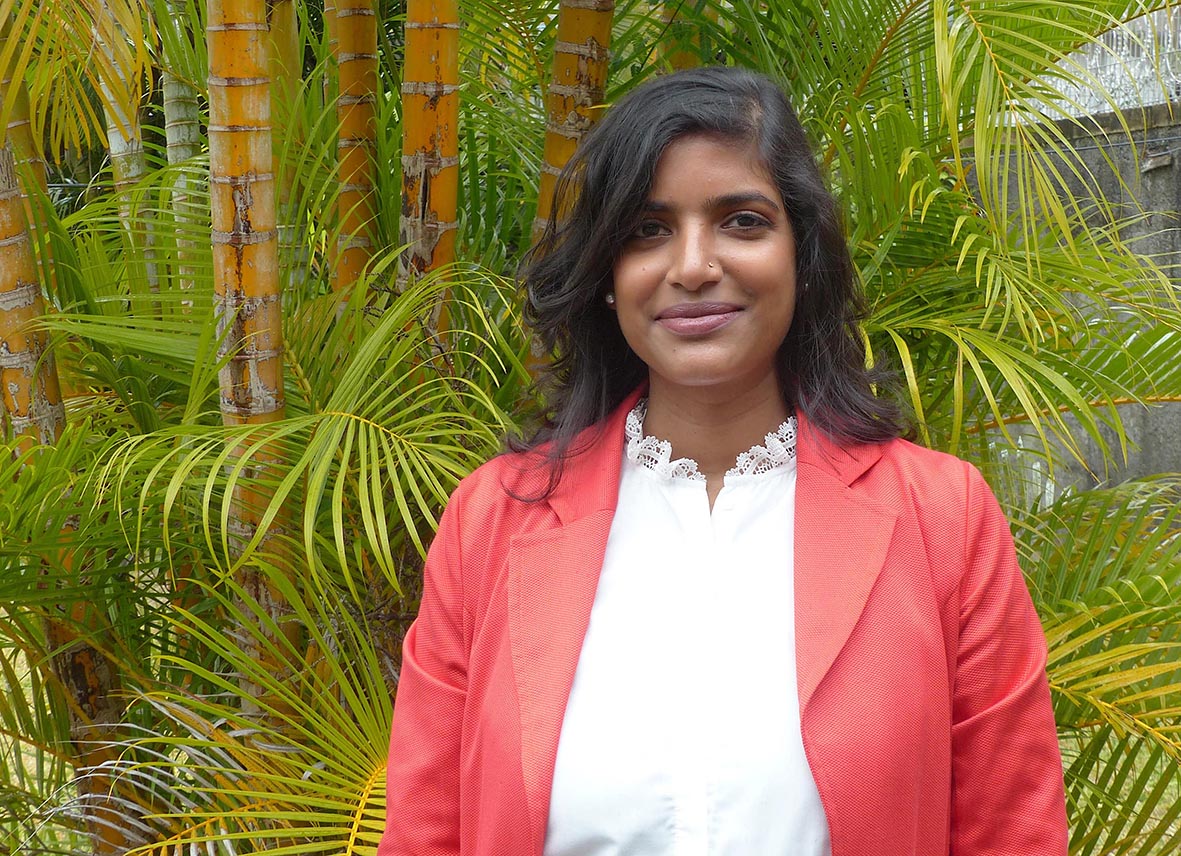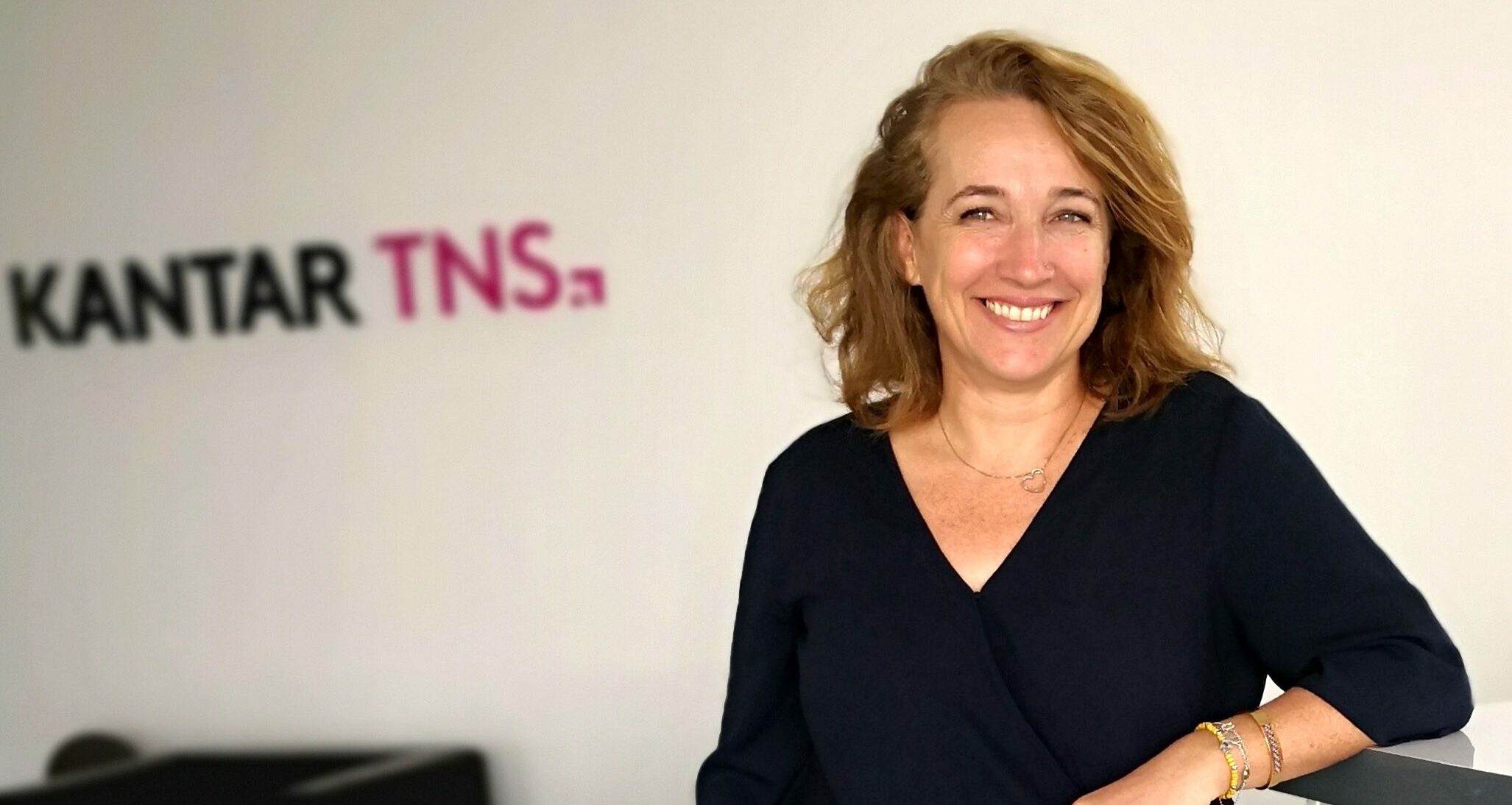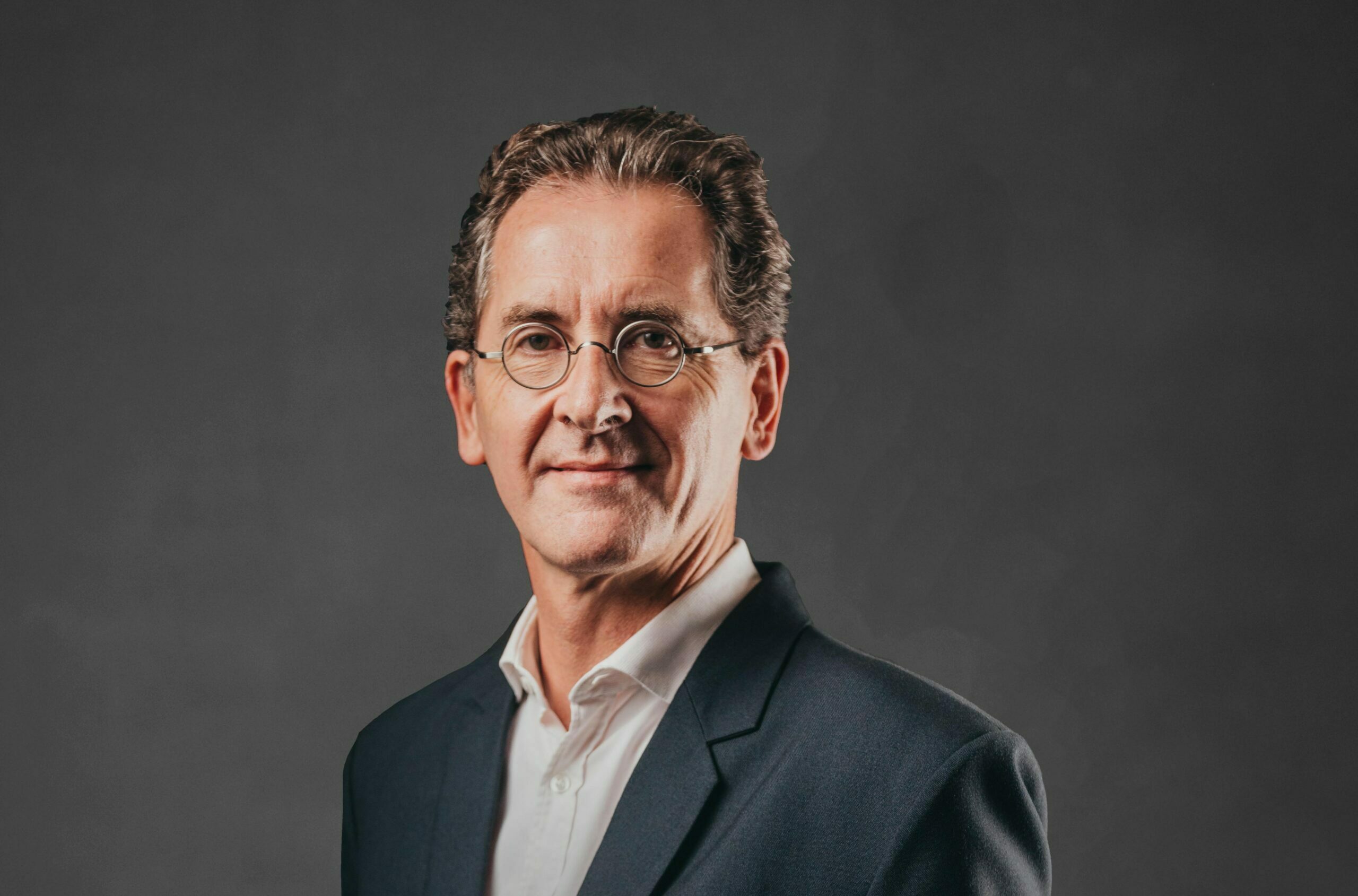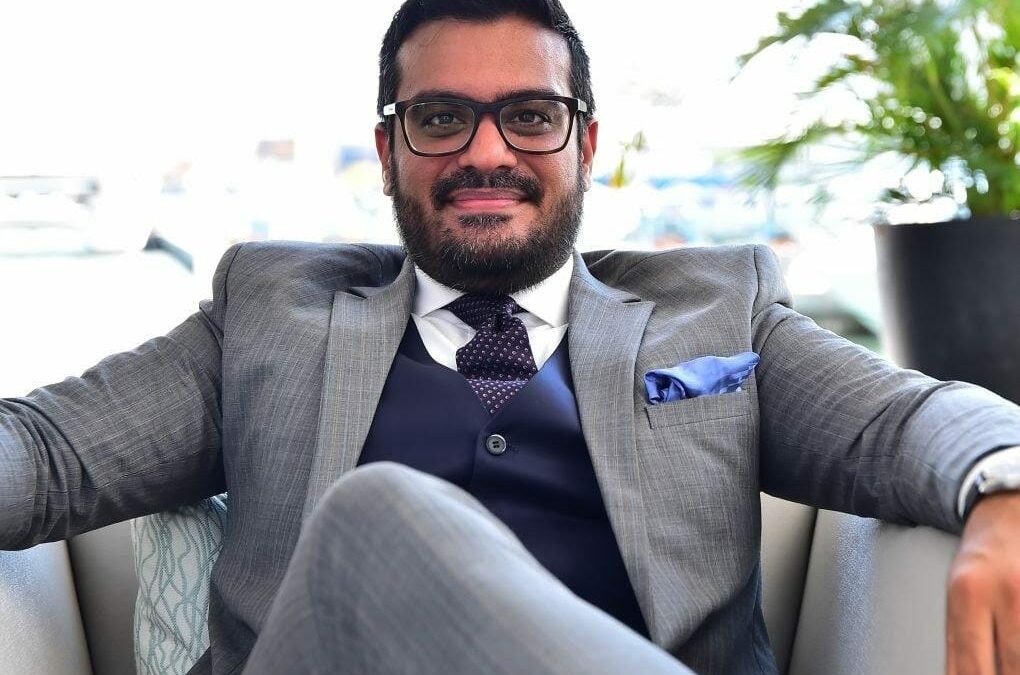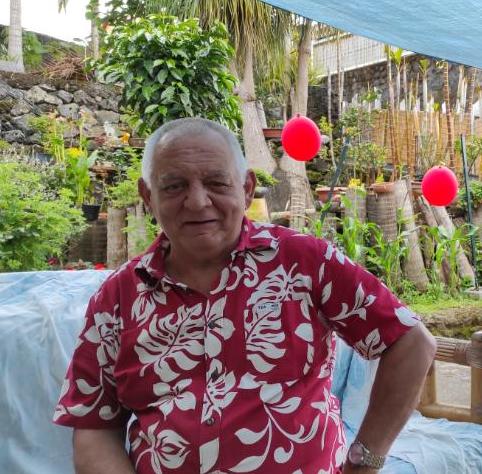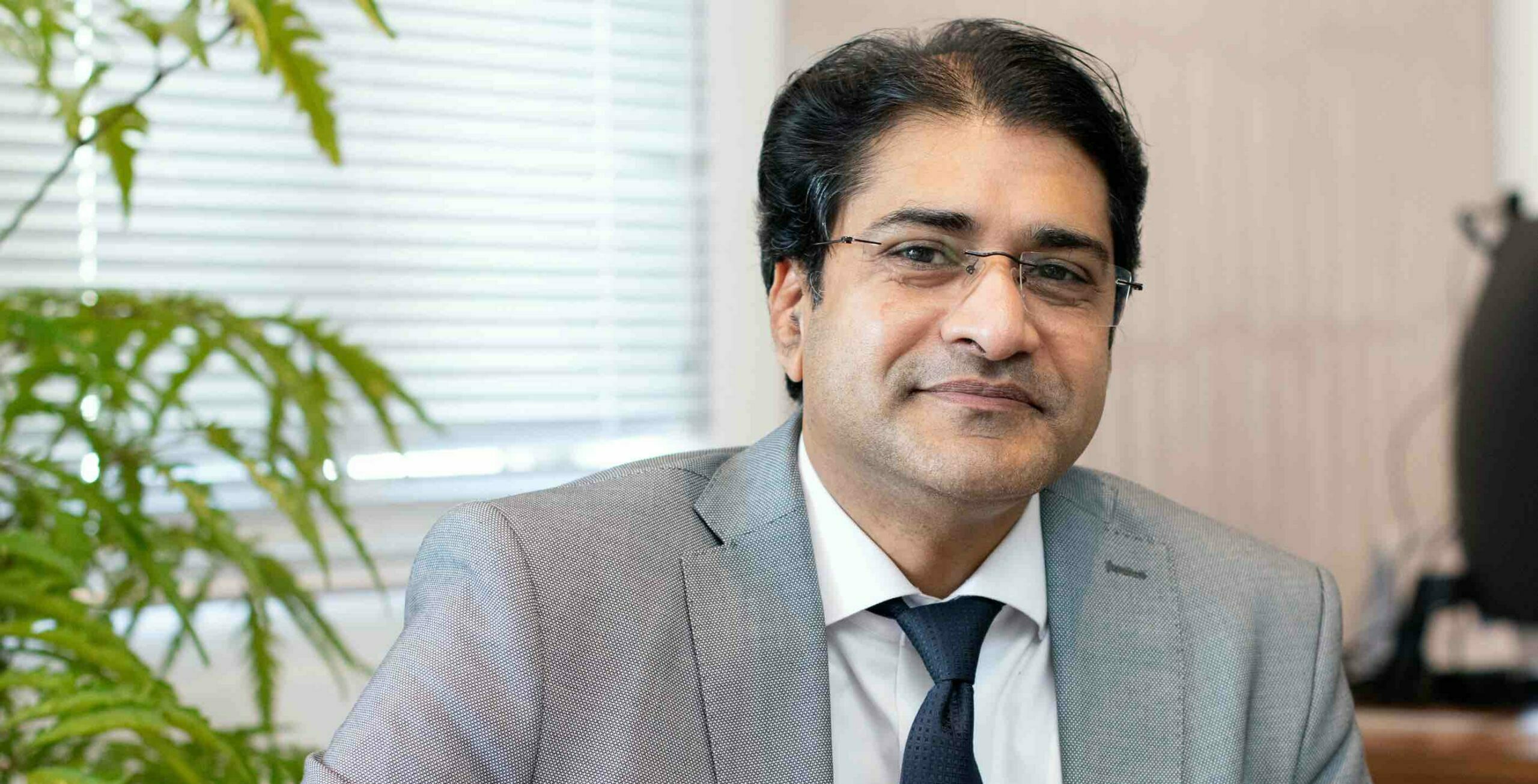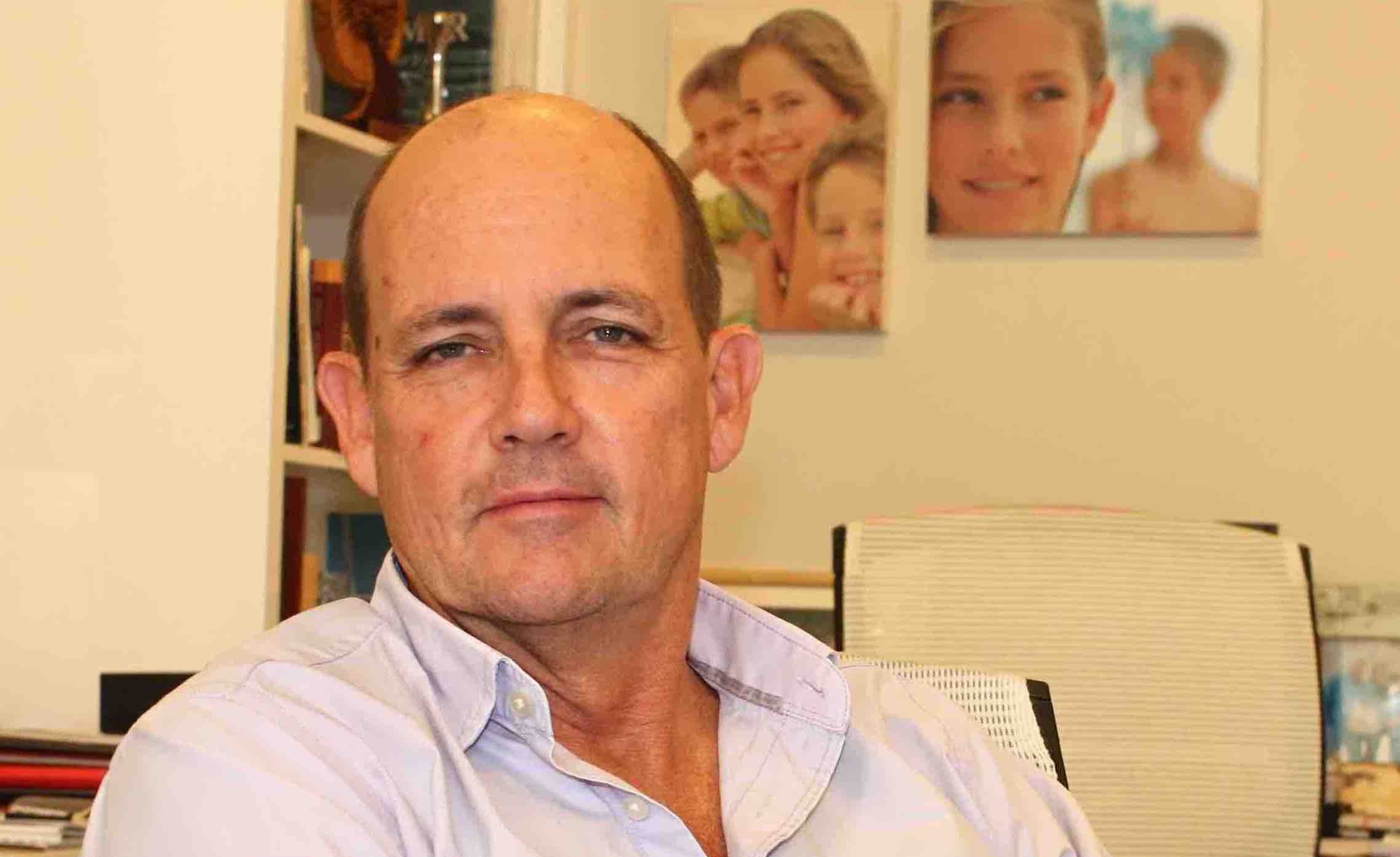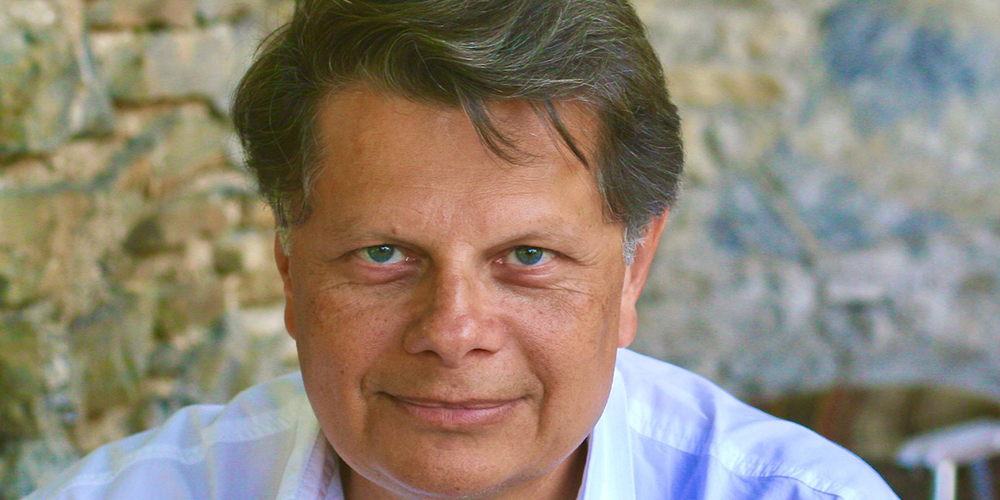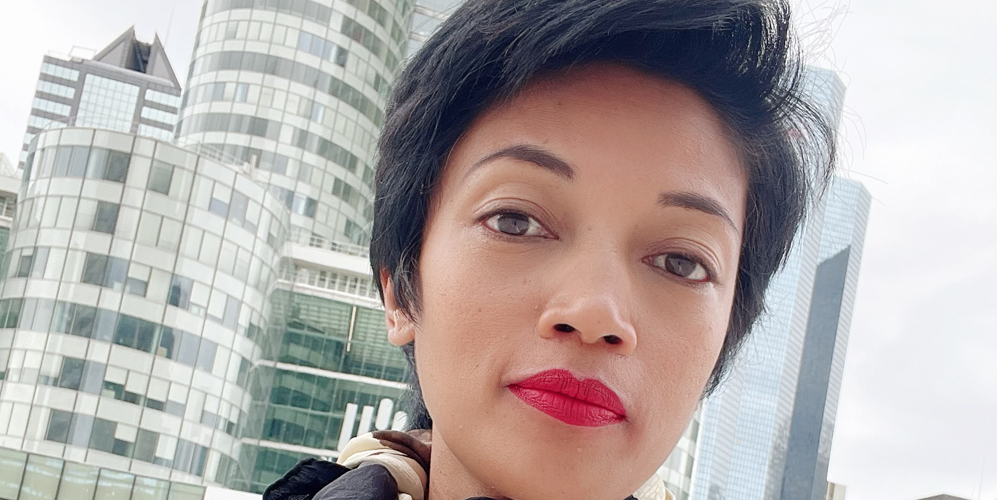From May 8th to May 12th, the 27th session of the Indian Ocean Tuna Commission(IOTC) was held in Mauritius. The agenda featured the divisive resolution voted in February about the banning of the drifting FADs (Fish aggregating devices) 72 days a year in the Indian Ocean. Whether the resolution was passed or not after the session, the war between various sides put the limelight on two things: the catastrophic situation of industrial fishing in the Indian Ocean, and, secondly, it reveals the interests of several stakeholders both private and public, in this industry. The European Union, presumed promoter of sustainable fishing, is being pointed at by many: NGOs and riparian countries the Indian Ocean (IO). Why?
A FAD led astray to the Seychellois coasts removed by the local population. FADs cause the catch of many juveniles and bycatches like turtles and sharks, and a lot of pollution in the Indian Ocean.
By Alexandre Karghoo who was awarded a Journalism grant from GRID-Arendal for this investigation.
“Yellowfin tuna has been continuously overexploited in the Indian Ocean since 2015, and a 30% reduction in catches (relative to 2020 levels) is now needed to bring about stock recovery by 2030. Sadly, in addition to the perilous state of yellowfin tuna, the region’s bigeye tuna stock is also overfished, with a 15% catch reduction from the 2021 catch level now necessary.While skipjack is not yet overfished, the catch limit put in place for this stock has been entirely ignored by IOTC members for four years in a row. In 2018, the catch limit of 470,029 tonnes was exceeded by a staggering 30%. Most recently in 2021, more than 650,000 tonnes of skipjack were caught, exceeding the 513,572 tonne catch limit by over 100,000 tonnes. Witnessing the IOTC adopt the same approach to skipjack tuna that has already led to the dramatic decline in both yellowfin and bigeye tuna is extremely disappointing.” This is the beginning of the statement of the Blue Marine Foundation on May 2nd. This organisation based in London drafts a report of the overfishing situation of tuna in the IO and give the order of magnitude of the necessary actions. No debate, the tuna stocks in the IO are overexploited, and that, for several years. Even worse, the situation is not improving.
239,000 tonnes of tuna fished by the EU in 2021.
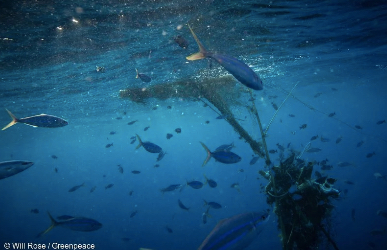 A picture of a FAD taken by Greenpeace. “97% of yellowfin tuna caught under FADs by the European companies in the Indian Ocean between 2015 and 2019 were juvenile”, says the association Bloom.
A picture of a FAD taken by Greenpeace. “97% of yellowfin tuna caught under FADs by the European companies in the Indian Ocean between 2015 and 2019 were juvenile”, says the association Bloom.
The responsibility is shared, as the Sustainable Tuna Association (which represents the tuna sector in Mauritius) reminds in a statement released in 2022: “Tropical tunas are highly migratory species moving across the whole of the Indian Ocean, transiting in different EEZs and in the high seas. No country can thus pretend to have its own stock of tuna independently from the others.” This does not prevent that the finger is pointed at some whose responsibility would be greater, notably the European Union. The EEZ of Seychelles and Mauritius cover an immense part of the Indian Ocean and industrial tuna-fishing fleets of these two countries are composed of mainly European ships.
“The European fleet is very heterogeneous. For example, in 2021, there were about 300 ships, the vast majority of which are vessels of less than twelve meters from Mayotte and Reunion. Most of the tropical tuna catches are made by the purse seiner fleet which in 2021 consisted of 27 boats that caught 154,702 tons of the three main species (yellowfin tuna, skipjack, big eye)”, an official source from the EU told us. Yet, according to the different statistics that Le Journal des Archipels obtained, the numbers would be around 239,000 tonnes of tuna fished by the EU. The European industrial fishing ships are purse seiners. Seine fishing is a technique that consists of catching the fishes close to the surface in open water by encircling them with the help of a net called seine. To do so, the European ships use FADs (fish aggregating devices) that are floating systems (rafts) under which the fishes like tuna, but also other species attracted by that biomass: sharks, cetaceans, and turtles for example. This eases fishing because the ships no longer have to track the fish shoals. FADs attract the fish, and the ship only has to fish the fishes accumulated around. Besides, FADs are nowadays equipped with sensors that indicate their positioning and give an indication of the biomass that surround them.
 Bloom, founded by the French journalist Claire Nouvian in 2005, asks: is it the role of states and public institutions to align with the interests of their industries?
Bloom, founded by the French journalist Claire Nouvian in 2005, asks: is it the role of states and public institutions to align with the interests of their industries?
 The MSC label is supposed to indicate that the fish has been fished using sustainable methods. However, various reports indicate that this label is far from reliable and that the MSC organisation regularly ignores whistleblowers. Interrogated by us, an important Reunionese processor of the fishing industry has denied this rumour. For him: “the regulations are very strict and constantly evolve, at least on the “real” European ships”. A significant nuance: the non-European compliance ships, would be less regulated by this label.
The MSC label is supposed to indicate that the fish has been fished using sustainable methods. However, various reports indicate that this label is far from reliable and that the MSC organisation regularly ignores whistleblowers. Interrogated by us, an important Reunionese processor of the fishing industry has denied this rumour. For him: “the regulations are very strict and constantly evolve, at least on the “real” European ships”. A significant nuance: the non-European compliance ships, would be less regulated by this label.
“The EU ships depend on FADs”.
According to the numbers compiled by Bloom Association, “the EU tuna companies made 96% of their catches under FADs in 2018 in the Indian Ocean (where they are the main actors in the fishing industry) but 97% of the yellowfin tuna caught under FADs by European companies in the Indian Ocean between 2015 and 2019 were juvenile; 77% of all the juvenile bigeye tuna caught (another species overfished) in the Indian Ocean come from seine fishing.” The association, which has been very active for some months to denounce the abuses of the European Union, adds: “In other terms, the EU ships depend on FADs in their harmful exploitation models for the environment. They are thus opposed to any measure regulating these dreaded assisted technologie
Bloom, founded by the French journalist Claire Nouvian in 2005, also raises another question: is it the role of states and public institutions to align themselves on the interests of their industries, especially when it is done at the expense of the resources sustainability? The organisation based in France, argues : “from the time when, in 2015, the rim countries are demanding a more equitable share of the reources and the set-up of environmental protective measures, the European Union subtly doubles the size of its delegations (at the IOTC sessions) which goes from 22 delegates before 2015, to 40 delegates on average after 2015, in order to block all forms of ecological progress and economic emancipation of southern countries. The European delegation even reaches a peak of 70 negotiators in 2021.” These delegations are composed, not only of EU representatives, but also operators that Bloom call lobbyists.
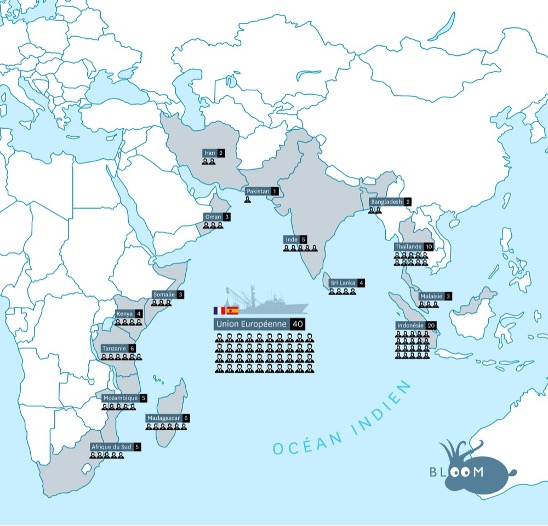
The average delegates at the IOTC sessions since 2016. “12.7 for the Seychelles (including 4 European lobbyists) and 9.1 for Mauritius (including 1,9 European lobbyist)”, according to the Bloom Association. “From the time when, in 2015, the riparian countries are demanding a more equitable share of the resources and the set-up of environmental protective measures, the European Union subtly doubles the size of its delegations (at the IOTC sessions) which goes from 22 delegates before 2015, to 40 delegates on average after 2015…”
The EU opposes the new regulation on FADs.
The current subject is the resolution 23/02 voted by the rim states of the IO (Indian Ocean). The EU and allied countries were openly opposed to it from the beginning and called on other countries to reject this resolution like allowed by the IOTC. The Sustainable Tuna Association argues that this ban disproportionately hits Mauritius and the Seychelles since their industrial fleets (actually composed of European ships) fish mainly with FADs. This side also argues that this instigates a commercial war, and the FAD ban would have as goal to strike a blow on the industries of the Seychelles and Mauritius, at the profit of other tuna processors in the IO. The STA argues that this ban of 72 days, will cause a tuna shortage for the Mauritian and Seychellois processors. On this position are also aligned the EU, the Seychelles state, and the Mauritian state and industries, including the STA and Princes Tuna (a major tuna processing facility worldwide operating in Mauritius) that we both interrogated. The State of Mauritius proposed the halt of all industrial fishing for a month by all members of the IOTC by asking the scientific committee to rule on the relevance of a halt of the use of FADs in the IO to combat overfishing.
This looks like the EU proposal obtained by Le Journal des Archipels: “The EU objected to resolution 23/02 adopted in February in Mombasa, in particular because it imposes a closure of FAD fishing for 72 days without scientific advice on its potential impact and the modalities of its implementation, and without scientifically justifying the differentiated approach for the drifting FADs and anchored FADs. As a matter of principle, the EU is not against a closure if it is scientifically motivated. Following its objection, the EU is presenting a regulatory proposal that will resolve the implementation problems related to the resolution adopted in February and allow for better control of FAD fishing within the IOTC. In this proposal, the EU includes a request to the Scientific Committee to decide on a potential closure.”
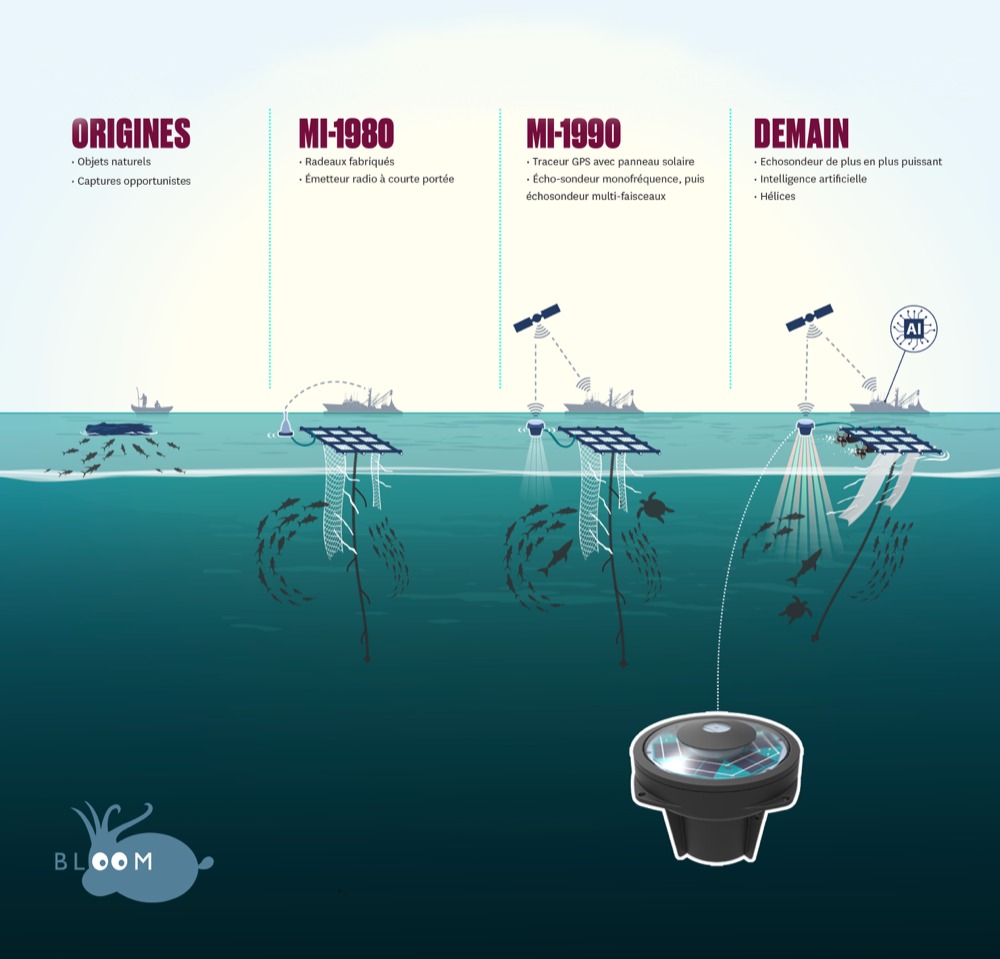 The European ships use FADs (fish aggregating devices) that are floating systems (rafts) under which the fishes will regroup. FADs are nowadays equipped with sensors that indicate their positioning and also give an indication of the biomass that surround them.
The European ships use FADs (fish aggregating devices) that are floating systems (rafts) under which the fishes will regroup. FADs are nowadays equipped with sensors that indicate their positioning and also give an indication of the biomass that surround them.
“Gaining time and creating doubt”.
A source, specialised in fisheries, doctorate holder and working for an American NGO of protective and sustainable management of fish stocks, drafted reports on FADs. She explains, while wanting to keep anonymity: “The problem is that usually, the Regional fisheries management organisations haven’t done enough to prove scientifically that FAD management will produce the desired effect. States or the EU can use that as an excuse not to support these measures. That doesn’t mean limiting or banning FADs won’t work, its often due to a lack of information. There are a lot of issues with FADs like bycatch or lost gears. That is why a lot of NGO’s are pushing for limits on FAD use. The situation in the Indian Ocean and the IOTC is really messy and a pretty poor example of how RFMOs should function. The EU opting out of the most recent FAD management measure will mean its pretty much going to be an ineffective measure.”
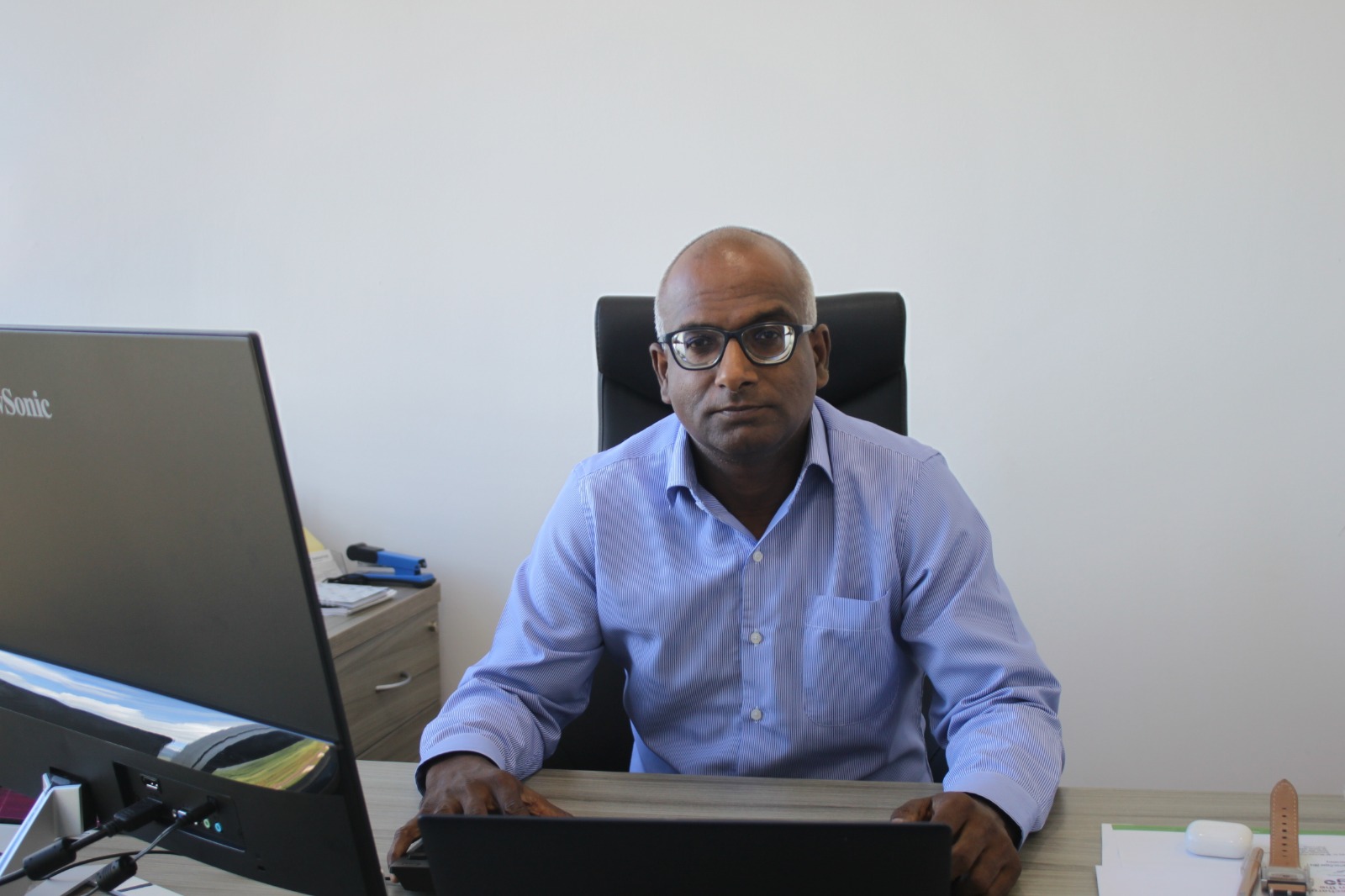
Why not do without FADs?
Would not it be possible to fish without FADs? Princes Tuna explain that the company mainly processes the skipjack tuna for its main markets, the United Kingdom and EU, and that there is practically no open fishing (that is without FADs) in the Indian Ocean for that species. “Free school purse seining in the Indian Ocean is predominantly for mature yellowfin. Skipjack avoid swimming with mature Yellowfin as they are natural predators. Purse seining FAD free for skipjack in the Atlantic and Pacific oceans is far more commonplace and with a long tradition and skills base developed by fishermen. The much higher use of purse seine FAD free in the Atlantic is linked to the large numbers of major rivers that enter into the Atlantic, contrarily to the Indian Ocean which, in comparison, has very few grand rivers. These are some examples of the problematic copy-paste approach of the current FAD ban whereas Princes could support a ban that was developed on data from the IOTC Scientific Committee for the specific nuances of the Indian Ocean”, argues David McDiarmid, Corporate Relations Director at Princes Tuna, thus aligning with the position of the EU and its allies.
In other words, the Mauritian and Seychellois fishing fleets are essentially composed of European seiners using the same fishing technique, this one being overdependent on FADs that have negative effects on fish stocks. Why are European ships so present in the Indian Ocean? Like Frédéric Le Manach explains, “there is a “rule of origin” to benefit from the 0% custom rates to export in Europe: if the tuna comes from EU ships, there is no tax to be paid”. Also, the European fishing ships are highly subsidised. The amount of fishing subsidies, aquaculture, and marine affairs for the period of 2021-2027 is of 6.1 billion euros. In comparison, the Mauritian GDP was approximately 10 billion euros in 2021 according to the national bank. It can be said that European ships have a competitive advantage almost unbeatable for other ships that wish to fish tuna in the same waters.
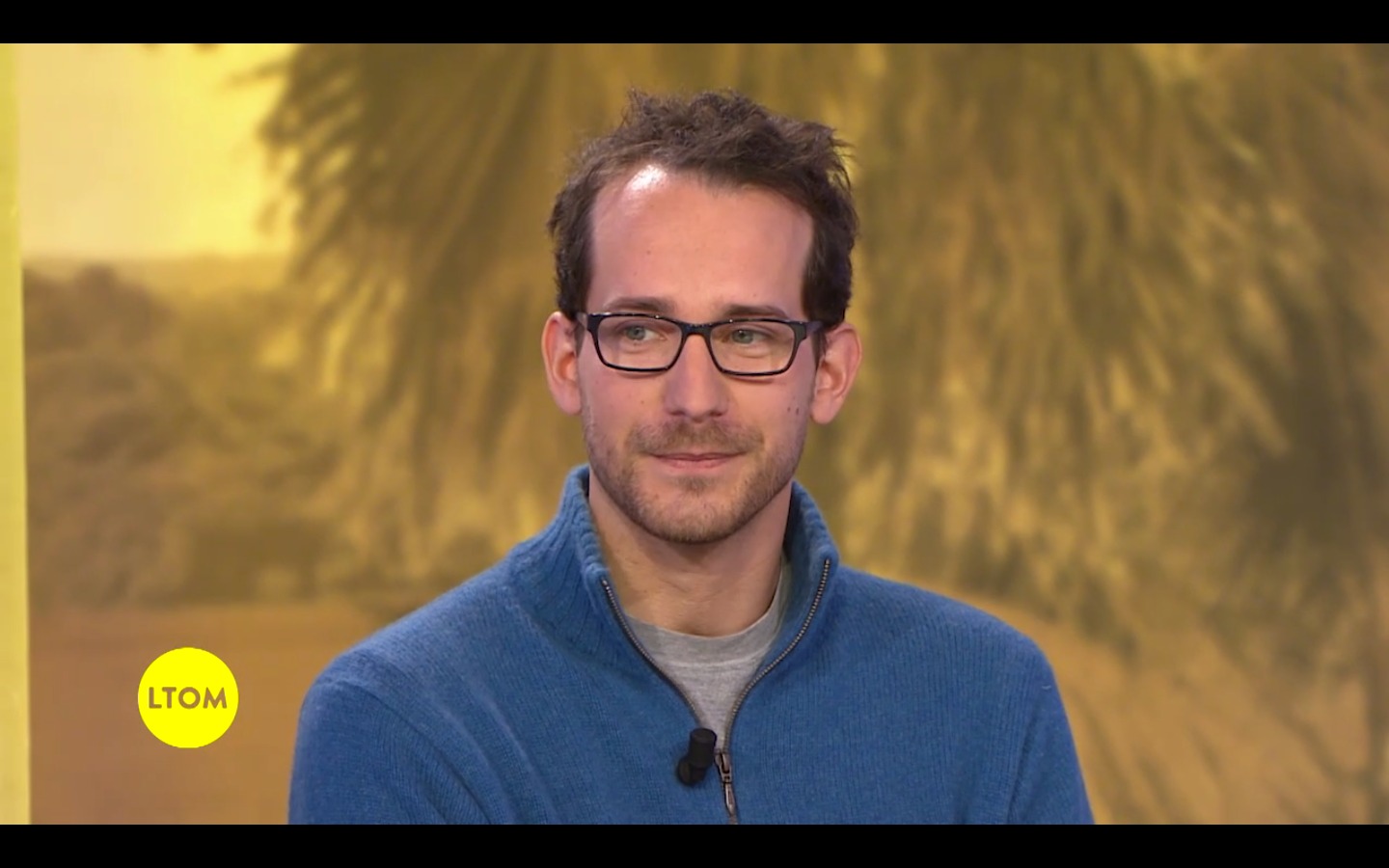 “The science clearly shows that FADs are the crux of the problem, this should be enough to enact a ban, like it has been done in the Atlantic and Pacific oceans”, argues Frédéric Le Manach, scientific director of Bloom.
“The science clearly shows that FADs are the crux of the problem, this should be enough to enact a ban, like it has been done in the Atlantic and Pacific oceans”, argues Frédéric Le Manach, scientific director of Bloom.
“Deactivation of AIS for EU fleets”.
If we resolve the FAD problem, there will however remain many major difficulties around the fight against overfishing including “IUU (Illegal, Unreported and Unregulated) fishing”. Louis Bossy, director of Ocean Basket in the Seychelles, processor of by-catches, had reported during a round table on the blue economy during the Economic forum of the islands of the Indian Ocean organized by Cap Business (a union of the respective Chambers of Industry and Commerce of islands of the IO) that the number of fishing or other ships, have more than suspicious behaviour in the Indian Ocean, whether in international waters or the EEZ. This year, an article published in the law review of the International & Comparative Law Quarterly, of Cambridge University Press, titled as “The illegality of fishing vessels ‘going dark’ and methods of deterrence” reinforces that argument. The AIS system transmits related information to the route of an equipped ship towards all ships equipped with the sensors. The information is, amongst others, the name of the ship, its identification number, its position, its destination… The report argues: “between January 2017 and April 2019, French-flagged purse seine vessels failed to transmit AIS data for 68.2 per cent of the study period and Spanish-flagged vessels for 80.6 per cent of the time.” For the period of January 1st, 2019, to December 31st, 2020, the data are “as concerning as the initial study, showing considerable AIS non-compliance by all fleets studied, including one Spanish vessel which had a continuous AIS transmission gap of nine months”. The data collected from January 1st, 2021, to August 31st, 2022 “confirmed the ongoing trend of switching off AIS by the EU fleets”. The AIS data allows the authorities to detect suspicious conduct, to prevent and sanction them.
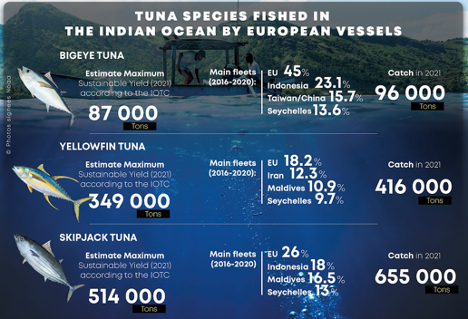
Unreported bycatch
In issue No. 12 of Le journal des Archipels Published in June 2023, the captain Sam Gontier, director of the regional centre of operations coordination, clearly indicates that because of the expanse of the Indian Ocean, it is difficult its water bound countries to exert control on transiting or operating ships in the region. His teams and him told Le Journal des Archipels that the fishing ships of different countries abuse their fishing licences and of the lack of resources for patrols to participate in illegal activities including IUU fishing. The Seychellois Louis Bossy noted on his side since 2018 the anomalies on the bycatches reported to the Seychelles. The tuna caught by fleets with Mauritian and Seychellois licences are brought to the Seychelles before being processed in the Seychelles or sent to Mauritius to be processed. His company Ocean Basket that processes bycatches highlighted that big seiners report disproportionately lower bycatches, sometimes none. According to him, everything leads to believe that there is a huge fish reject, which is scandalous since these bycatches and their derived products could feed thousands of people.
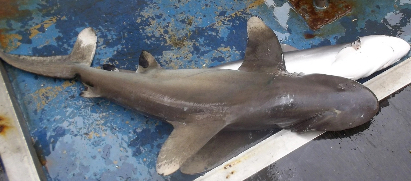 The organisation Shark Guardian reported shark abuse in the ships labelled MSC. According to the organisation, these ships suffer from a lot of shortcomings in terms of inspections and MSC ignored the whistleblowers in the recent years.
The organisation Shark Guardian reported shark abuse in the ships labelled MSC. According to the organisation, these ships suffer from a lot of shortcomings in terms of inspections and MSC ignored the whistleblowers in the recent years.
Alain Malherbe, Mauritian maritime expert today retired, does a nearly daily report on the lack of capabilities of the Mauritian coast guards to control the ships in the Mauritian EEZ on social media. The information transmitted by the AIS are often incorrect and the ships sailing kilometres away from the island turn off their AIS systems without any trouble from the authorities. In October 2022, the organisation Financial Transparency Coalition, drafted a list of 10 fishing companies involved in IUU fishing in Africa. Albacora, Spanish company, is tenth on this ranking, after eight Chinese companies and a Colombian one. The FTC also signals that Albacora, that operated in the IO amongst others, benefits from European subsidies.
This situation is not isolated only to Mauritius and the Seychelles. The European waters are also overexploited. Kieran Kelly who has been interviewed by le Journal des Archipels is the director of an organisation that fights plastic pollution in Indonesia, Ocean Integrity. Irish, he comes from a family of fishermen. According to him, there is no doubt. The European Union is a destructive force. He denounces the hypocrisy of the EU which presents itself as a promoter of sustainable fishing and protector of biodiversity but whose fishing fleets loot the world’s oceans. The Irish waters are also overfished by European fleets since Ireland joined the EU, according to him, He speaks of a carnage, in the Irish waters as well as elsewhere. “I have been a witness to these practices. I have seen the sharks and thousands of fishes and dolphins thrown in the water after being caught in nets and thrown, dead. But no one dares to speak. These industrial fisheries need to be banned. The foreign ships should not be authorised to fish in the EEZ of another country. I have been a witness to these practices, and this is why I became an ecologist.”
 Kieran Kelly has been a fisherman, like his grandfather Tom Kelly. Today, Kieran Kelly is an environmentalist and fights plastic pollution in Indonesia. He signals the carnage of industrial fishing, having been witness to the abuses of this industry. He accuses the EU of hypocrisy and of the plunder of oceans around the world.
Kieran Kelly has been a fisherman, like his grandfather Tom Kelly. Today, Kieran Kelly is an environmentalist and fights plastic pollution in Indonesia. He signals the carnage of industrial fishing, having been witness to the abuses of this industry. He accuses the EU of hypocrisy and of the plunder of oceans around the world.
Translated from French to English by: Brice Karghoo.


